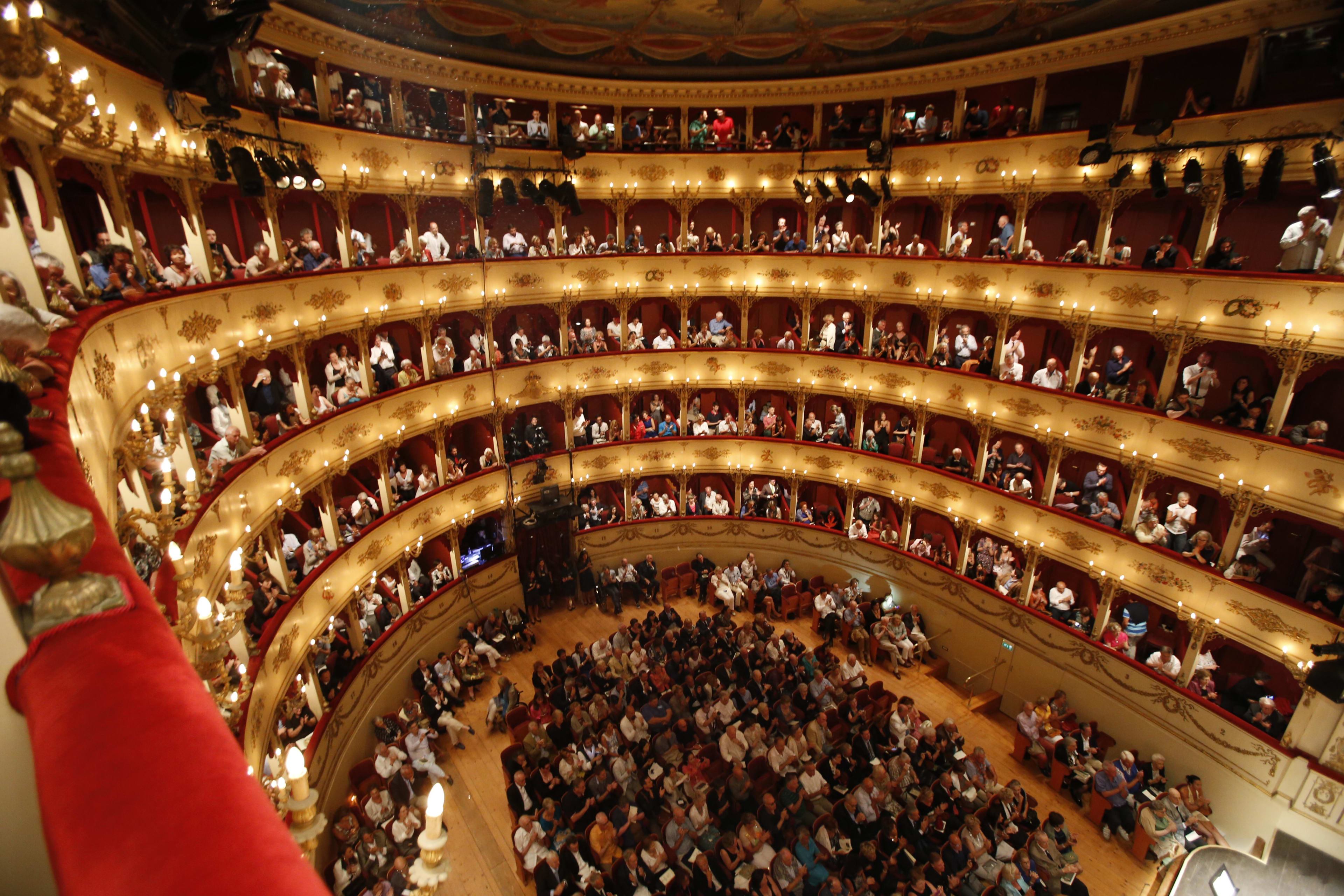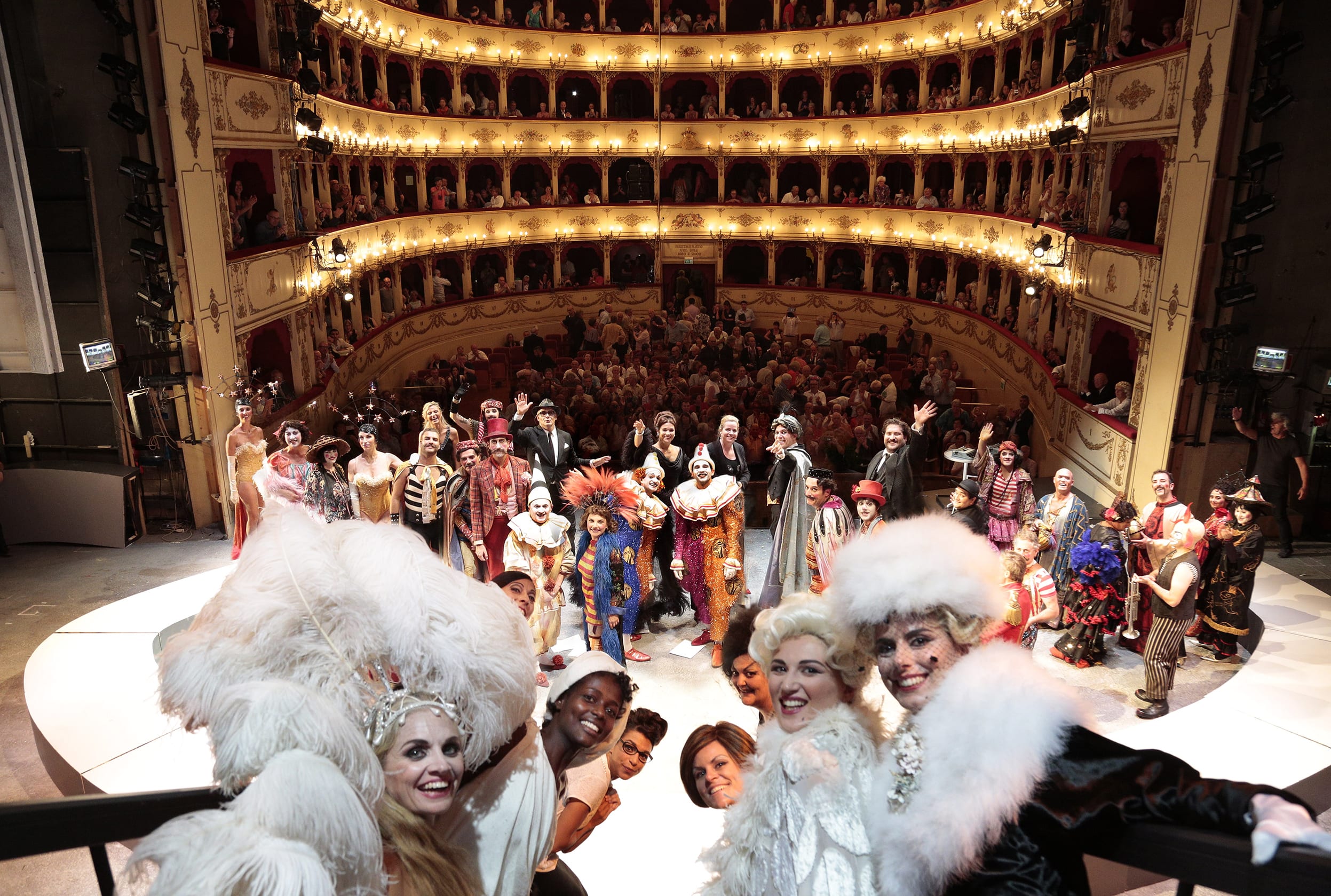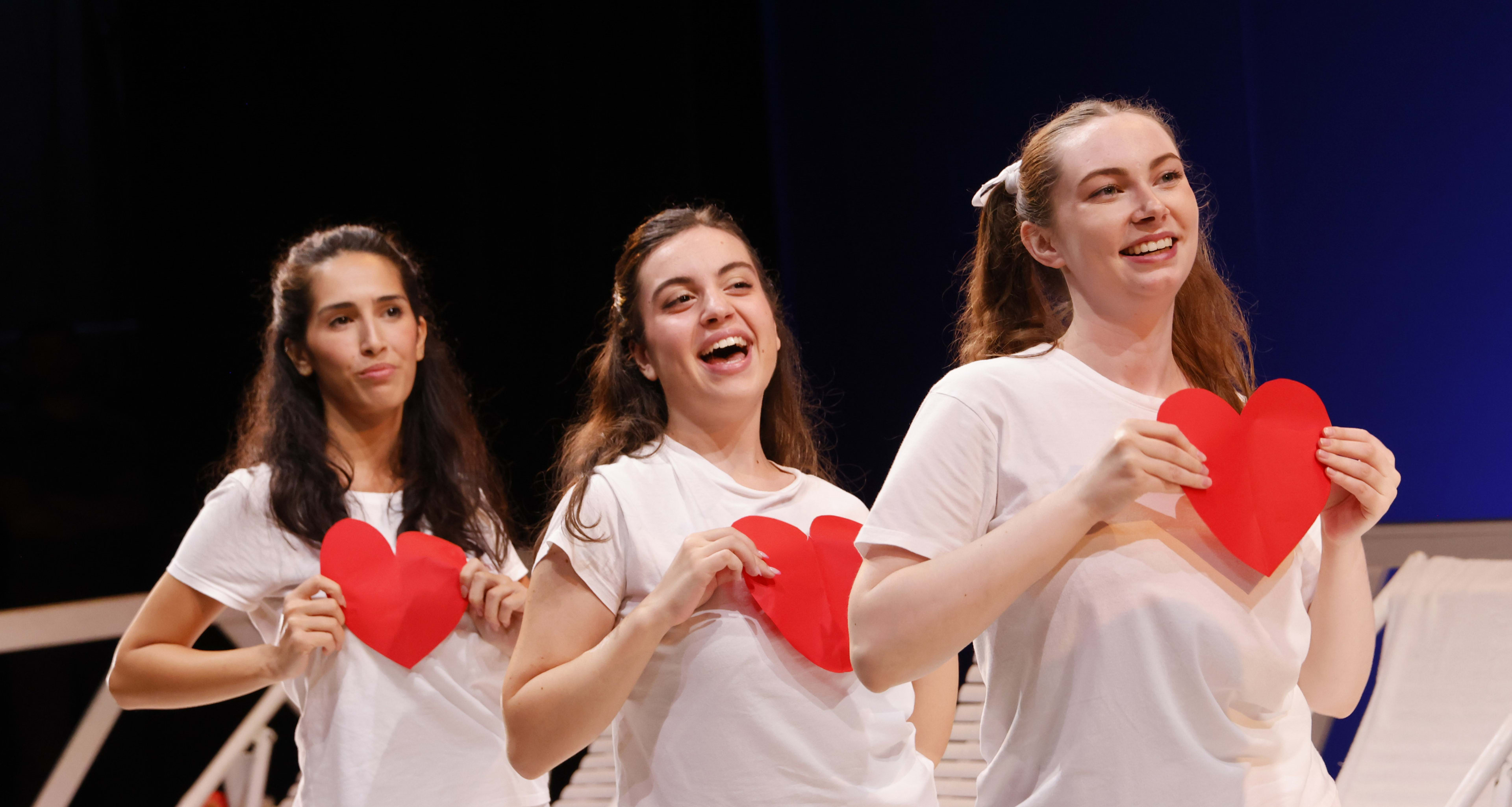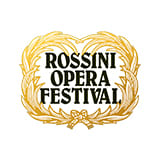
The Rossini Opera Festival is an international annual event dedicated to reviving, performing, and sharing the complete musical legacy of the renowned opera writer Gioachino Rossini, based in his hometown, Pesaro, Italy.
Our ideals extend beyond stunning performances: we are committed to making culture accessible, supporting young talent, and building an inclusive future for opera with different projects which are carried on during the whole year.
Discover how you can become part of our projects and choose the one that resonates with you!
- For New Generations: Help us reach more schools and involve more children in the educational programmes of the project Crescendo per Rossini which introduces young students to the life and operas of the composer.
- For New Performers: Your support helps us provide scholarships and essential resources for students of our Accademia Rossiniana “Alberto Zedda”, who come to Pesaro from all over the world to study Rossini's bel canto and become the performers of tomorrow..
- For New Productions: Contribute to the creation of a new production for 2026, Le Siège de Corinthe, and become part of our mission of bringing Rossini’s works back to the stage.
Find out more about each project on their dedicated pages and fundraisers.
With your donation, you can help us grow and spread culture even further!
To dive into our Foundation visit our website by clicking here.
Fundraisers

Keep Opera Alive: Support the Rossini Opera Festival
- Raised
- $0
- Next milestone
- $100

Support Young Opera Talents: the Future of Rossini's Music
- Raised
- $0
- Next milestone
- $100
